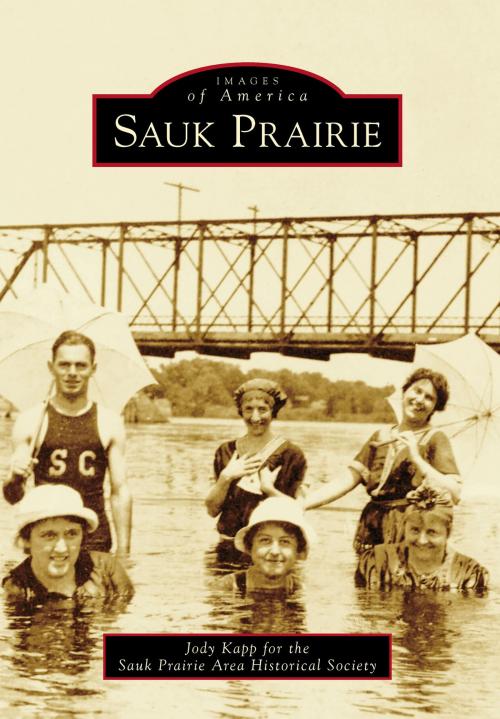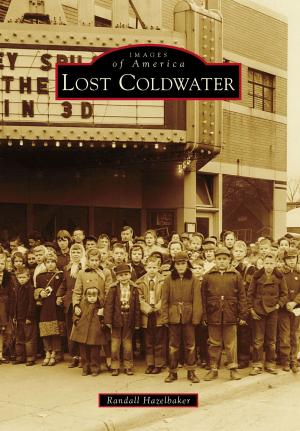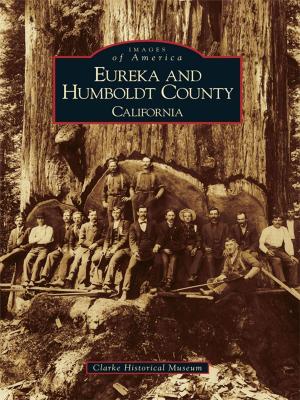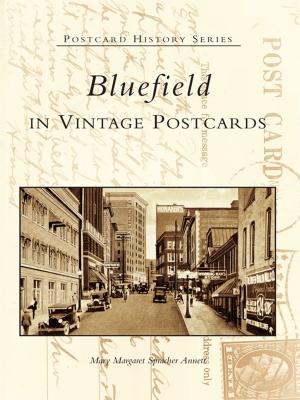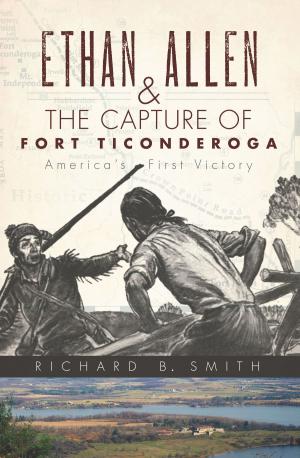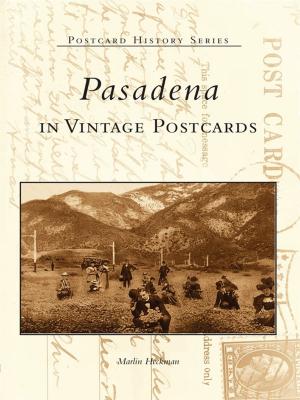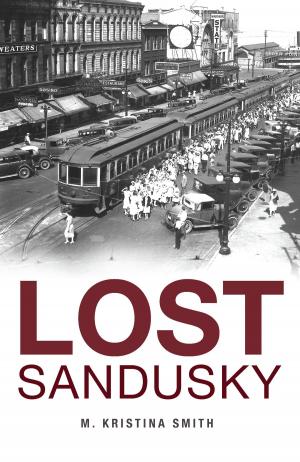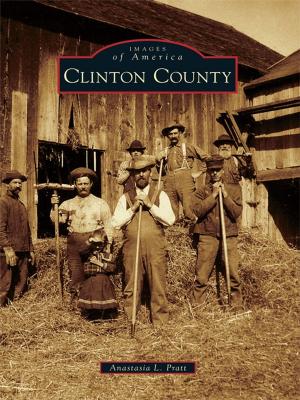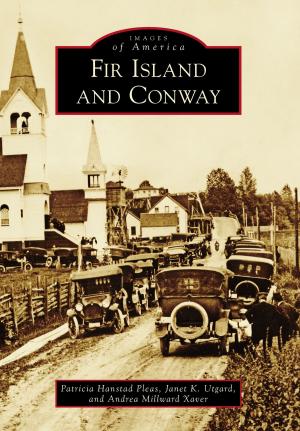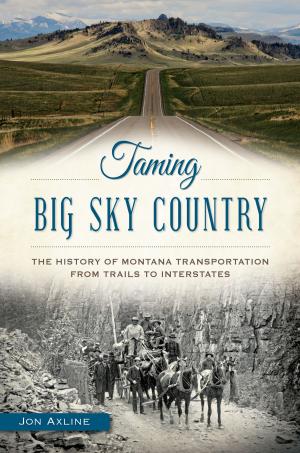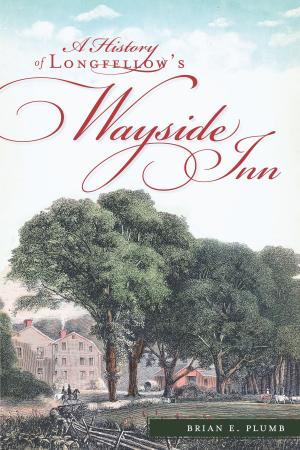| Author: | Jody Kapp, Sauk Prairie Area Historical Society | ISBN: | 9781439653296 |
| Publisher: | Arcadia Publishing Inc. | Publication: | September 21, 2015 |
| Imprint: | Arcadia Publishing | Language: | English |
| Author: | Jody Kapp, Sauk Prairie Area Historical Society |
| ISBN: | 9781439653296 |
| Publisher: | Arcadia Publishing Inc. |
| Publication: | September 21, 2015 |
| Imprint: | Arcadia Publishing |
| Language: | English |
Ringed by bluffs, prairie, and the wide, flowing Wisconsin River, the two communities of Sauk City and Prairie du Sac have grown up since the first settler staked claim here in 1838, asserting this colorful, natural landscape as a direct extension of their joint identity. From the freewheeling Agoston Haraszthy to the German Freethinkers, farmers, inventors, and multiple long-standing family-run businesses, the people of Sauk Prairie work and play with a voracity that can outshine even the coldest of winters. In 1914, the construction of the Prairie du Sac Hydroelectric Dam added another natural jewel when it created Lake Wisconsin. Everyone from summertime jet skiers to the wintering bald eagles had yet another reason to enjoy the region known for its festival of cow chips, the Witwen Fourth of July Parade, and the woman who gave the world the recycling symbol.
Ringed by bluffs, prairie, and the wide, flowing Wisconsin River, the two communities of Sauk City and Prairie du Sac have grown up since the first settler staked claim here in 1838, asserting this colorful, natural landscape as a direct extension of their joint identity. From the freewheeling Agoston Haraszthy to the German Freethinkers, farmers, inventors, and multiple long-standing family-run businesses, the people of Sauk Prairie work and play with a voracity that can outshine even the coldest of winters. In 1914, the construction of the Prairie du Sac Hydroelectric Dam added another natural jewel when it created Lake Wisconsin. Everyone from summertime jet skiers to the wintering bald eagles had yet another reason to enjoy the region known for its festival of cow chips, the Witwen Fourth of July Parade, and the woman who gave the world the recycling symbol.
